Earth Day 2020
Earth Day started on 22 April 1970 in America as a unified response to an environment in crisis - oil spills, smog, rivers so polluted they literally caught fire - and launched an environmental movement. Earth Day is recognised and celebrated each year on the 22 April, and in 2020 for its 50th anniversary the theme is 'Climate Action'.
Climate change represents a massive challenge to the future of humanity and the life-support systems that make our world habitable.
We've spoken to academics, professional services staff, student societies and alumni who are working to look after our earth by starting conversations, increasing knowledge and creating change. You can read below about their work, what they consider some of the challenges we face, and how you can get involved to take climate action.
_Richie_Graham_carousel_.png)
Hugo Tagholm is an Honorary Graduate of the University (DsC, 2019) and founder and Chief Executive of the national marine conservation and campaigning charity Surfer’s Against Sewage (SAS). He works passionately to educate people and combat plastic pollution and poor water quality.
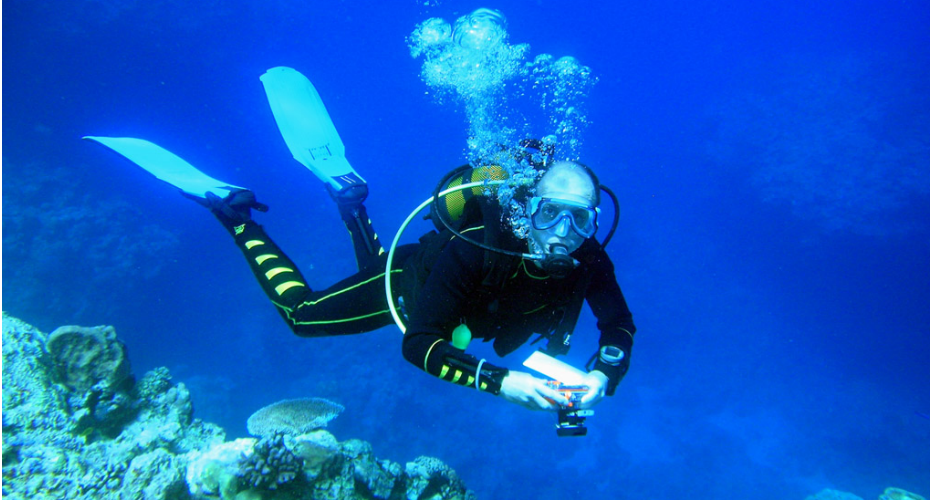
Our oceans cover more than 70% of the earth’s surface and climate change has presented a unique challenge on how to maintain and care for them in the face of a changing environment. Alumnus Dan Laffoley has worked as an ocean conservationist around the world for over 30 years and shares his experiences.
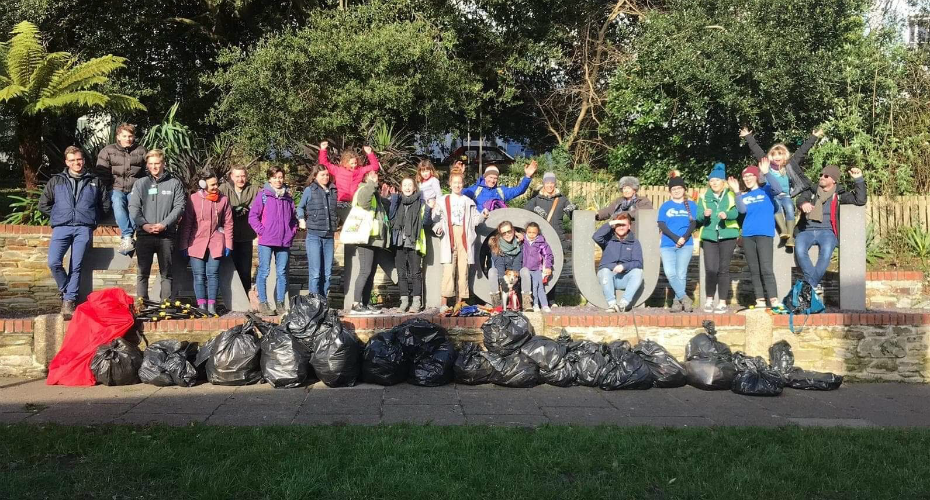
Our planet is blessed with many beautiful beaches but there are issues our earth faces which threaten them, not least large amounts of plastic and rubbish. One of the groups tackling this is the Beach Clean Project which is an award-winning society based on our Penryn Campus.

The human impact on ecosystems around the world is widespread and destructive, but one academic is looking to turn the tide, by assessing ecosystem responses to change, and finding solutions to some of the urgent questions being asked about ecosystem ecology and conservation. Dr Chris Kaiser-Bunbury, Senior Lecturer in Conservation & Ecology at our Penryn Campus, uses community ecology theory to address these questions.
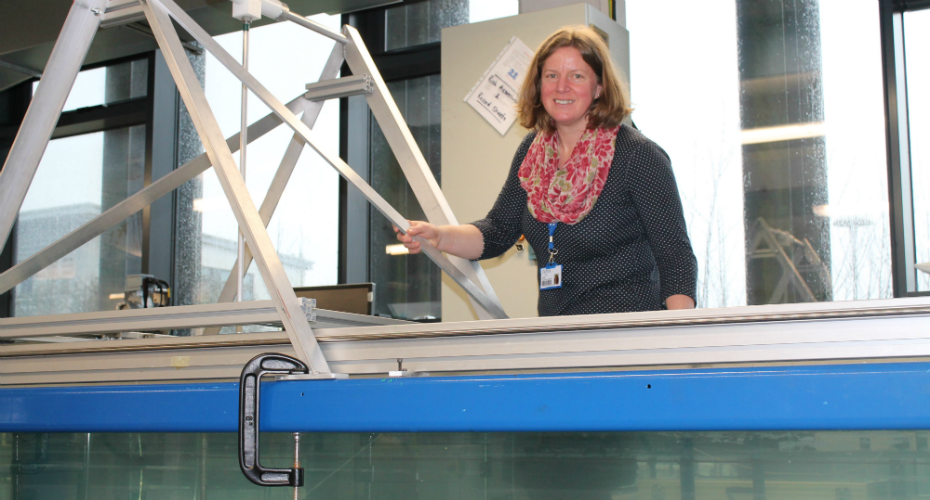
Dr Helen Smith (PhD, 2008) is an alumna and Senior Lecturer in Renewable Energy based at our Cornwall Campus in Penryn. She was inspired to work with the marine environment and undertook an MSc in Hydrography (mapping the seabed) at Plymouth University before joining Exeter as the first PhD researcher in what became the Renewable Energy group at the Penryn Campus.
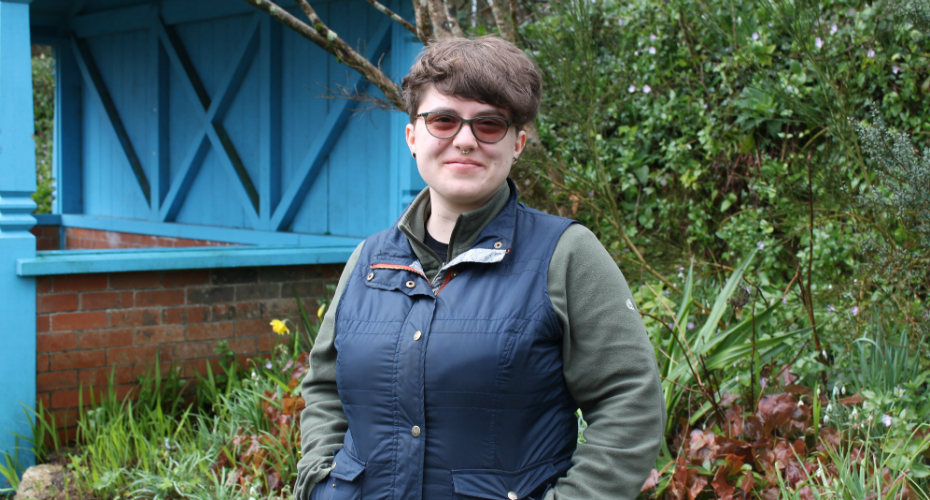
Times are tough and the challenge of reversing the climate and environment catastrophe may feel insurmountable, but the next generation are doing great things every day, and from the moment they arrive to study with us, they’re getting involved to make positive changes happen. One of the groups who are passionate about raising awareness and passing on knowledge of how to look after our earth is EcoSoc (Ecological Society) which is based on our Penryn Campus.
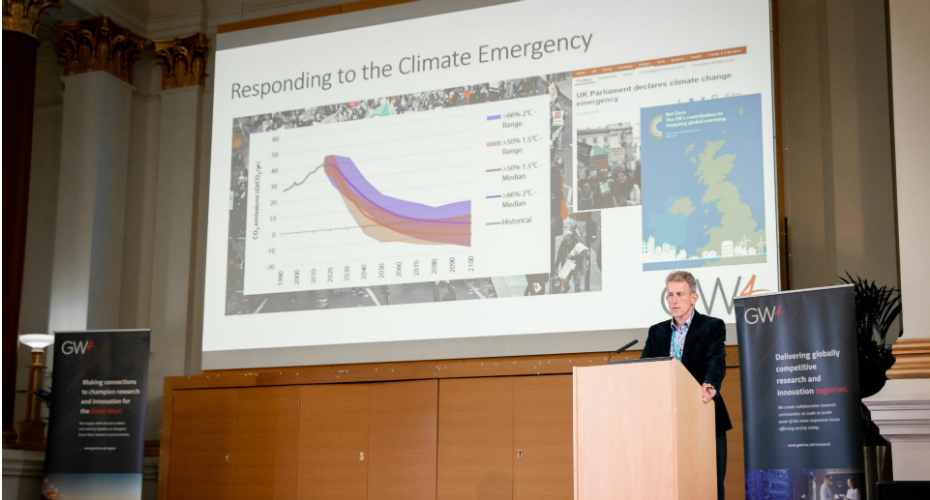
The Global Systems Institute is based on Streatham Campus and was launched in 2018 with the aim to create transformative solutions towards a more sustainable, flourishing future for all life, including human life, on this planet. Professor Tim Lenton is the Director of the GSI and his research specialisms include Earth system science and climate change.
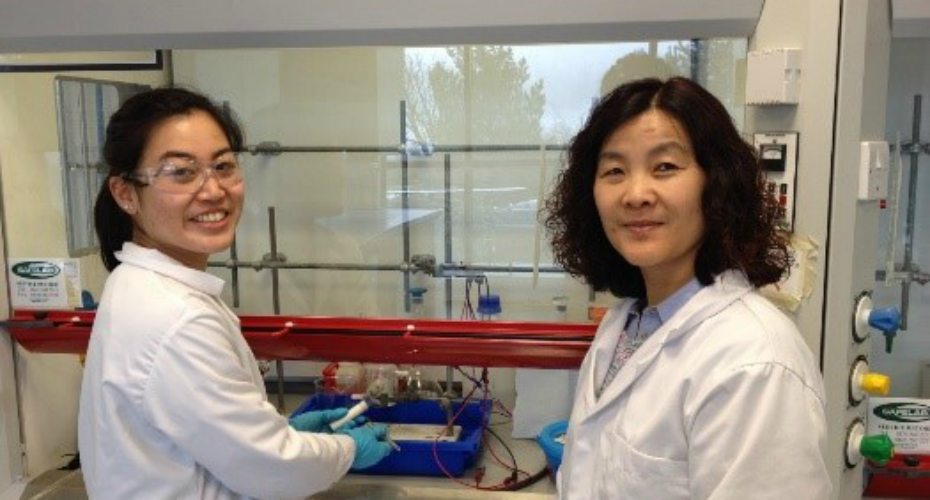
We all know that carbon emissions are playing a major role in the breakdown of the global climate, but research taking place at the University of Exeter’s Penryn Campus is looking to combat this, by developing an entirely green energy source. Professor Xiaohong Li, Professor in Energy Storage Technology and Director for Global Development, is currently researching how to use renewable energy to produce hydrogen.
.png)
It is becoming increasingly clear that, in order to tackle the biggest global challenges such as the climate and environment emergency, we must adopt an interdisciplinary approach. This means combining two or more academic disciplines to study and research a problem, and is the ethos that Professor Juliet Osborne has been advocating since she was appointed as the Director of the Environment and Sustainability Institute (ESI) in 2017.

Dr Emma Page is the Head of Environment and Climate Emergency at the University of Exeter and started in October 2019. For her, with Earth Day coinciding with spring, it’s not just about campaigning and providing a spotlight on our commitments and progress, it also means new beginnings, fresh ideas and hope. It’s a date in the environmental calendar that we can use to celebrate and involved through events, challenges and positive action.

The Zero Waste Society was set up in 2018 and due to a massive influx of interest in its first year they gained nearly 80 members. The purpose of the society is to help people to make small changes to reduce their waste and promote easy ways to live a low impact life. This is with the understanding that not everyone is able or willing to completely cut out waste, but with the hope to influence people to make as many small changes that will accumulate to a large difference.

Cultural organisations are in a unique position to challenge, inform and engage audiences in environmental conversations. The Arts and Culture team was set up at the University in 2009 to help strengthen creative networks, and bring people into a shared creative community. They’ve also focused on addressing climate change and the environment in their work.
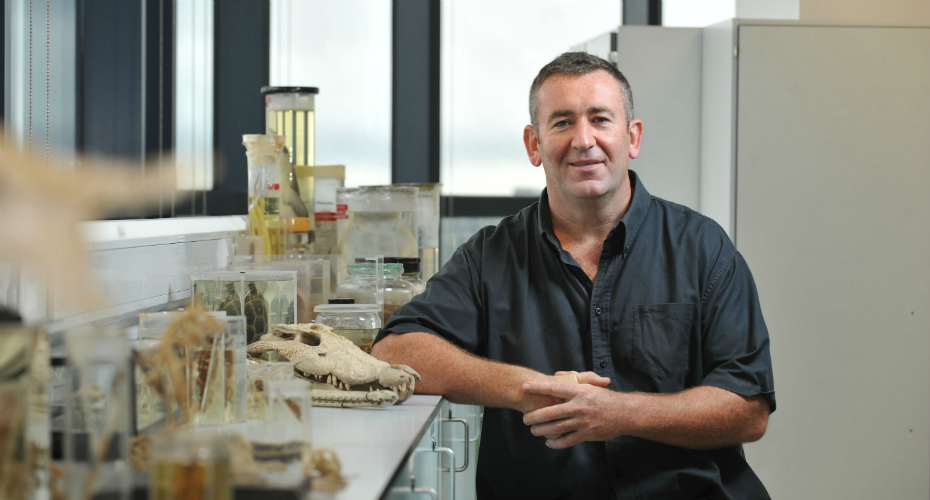
Earth Day is an annual opportunity to celebrate the wonders of the natural world and stop, think and act for our environment. The theme for Earth Day 2020 is Climate Action and we need to think now about our changing climate, and actions we can take to protect our environment. Despite the current pandemic, this is something that the ExeterMarine community continues to focus on.

.png)